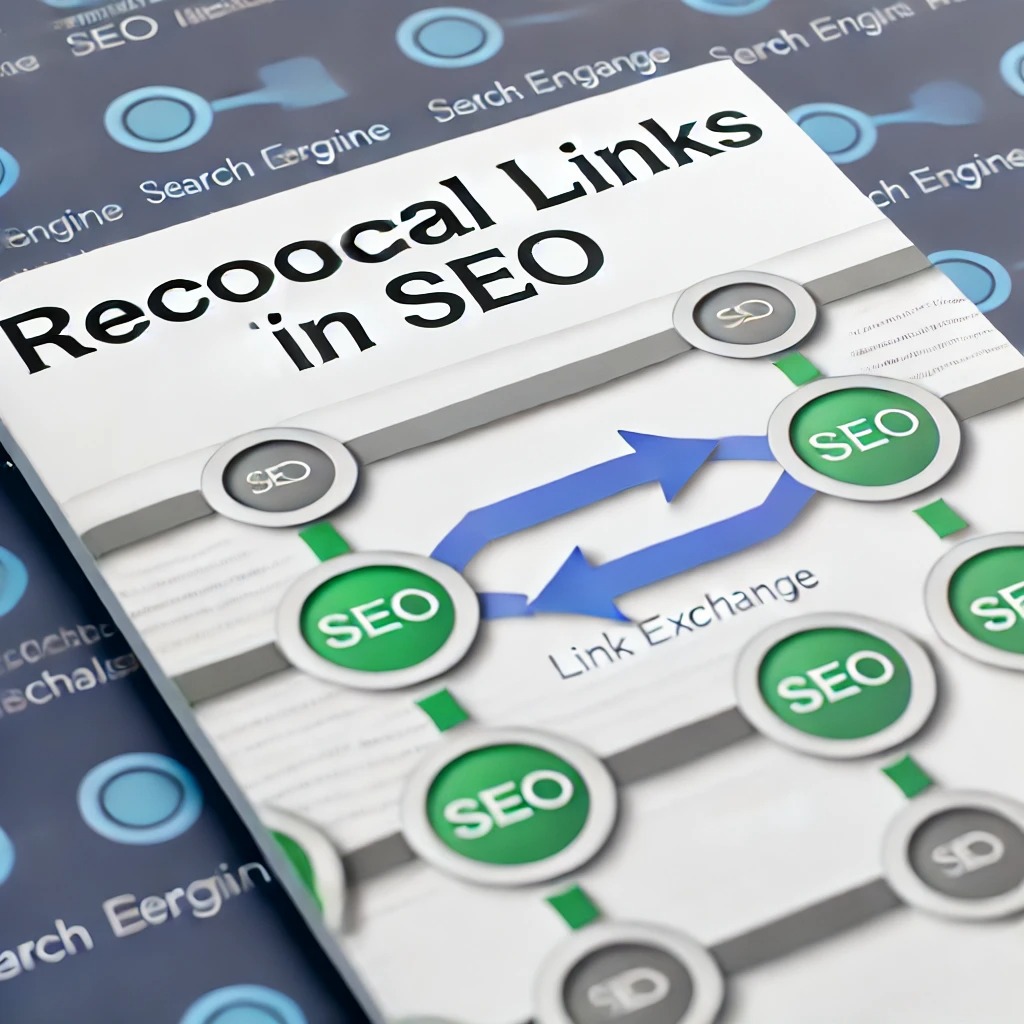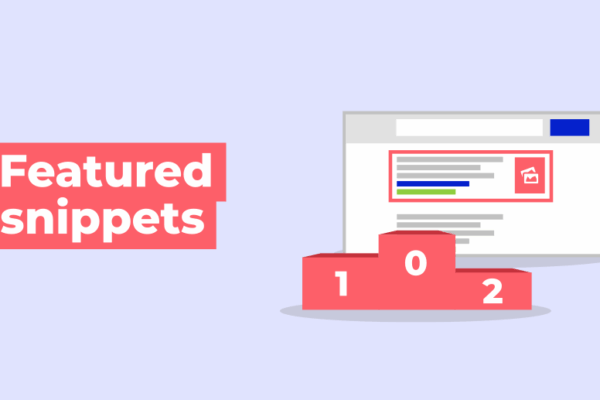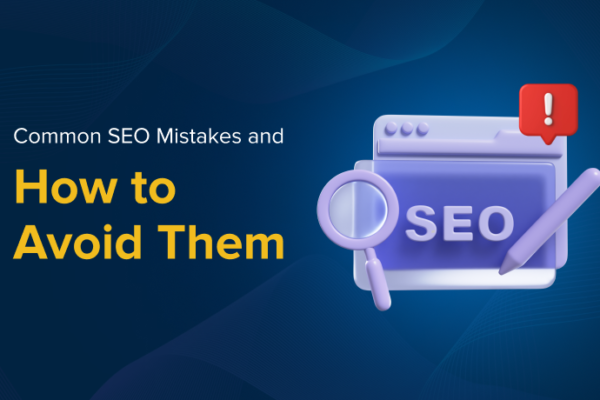Reciprocal links occur when two websites agree to link to each other. They were once popular as a way to boost SEO by increasing backlinks. But excessive reciprocal linking, especially when done artificially, can be viewed as manipulative and harm SEO rankings. That said, reciprocal links can be beneficial when they occur naturally between relevant, high-quality sites, enhancing user experience and adding value to both parties’ content.
What Are Reciprocal Links?
Reciprocal links are when two websites agree to link to each other, usually in an effort to drive traffic or improve search engine rankings. In the early days of SEO, this tactic was widely used, but modern search engines like Google have become much more sophisticated in evaluating the quality and intent behind these links.
Are Reciprocal Links Good for SEO?
Reciprocal links, where two websites link to each other, can be harmless and even beneficial when they are natural and relevant. When both sites share a common theme or target audience, these links can enhance user experience by providing additional resources and information. For instance, a local bakery and a nearby coffee shop linking to each other creates a network of related businesses that helps customers discover complementary offerings. In such cases, the links appear genuine and serve the needs of users, which search engines tend to favor. However, the key lies in maintaining authenticity.
When are Reciprocal Links Bad for SEO?
There are several scenarios where reciprocal links can be detrimental to SEO. If the linking sites are unrelated or lack relevance to each other’s content, search engines may perceive the links as manipulative rather than organic, potentially leading to a decrease in rankings. Additionally, engaging in excessive reciprocal linking with low-quality or spammy sites can harm a site’s reputation and authority, resulting in penalties from search engines like Google. Furthermore, if a website participates in reciprocal links with too many other sites, it can dilute the value of the backlinks, as search engines may consider them less significant due to their non-unique nature.
The Role of Reciprocal Links in SEO
The role of reciprocal links in SEO ( Search Engine Optimization) play a nuanced role. A reciprocal link occurs when two websites mutually link to each other, often in a bid to boost their SEO performance. Historically, these links were seen as a way to improve search engine rankings by signaling relevance and trust between sites. However, as search engines, particularly Google, evolved, their algorithms became more sophisticated in detecting manipulative link schemes.
Today, reciprocal links are neither inherently good nor bad for SEO; their value depends on the context and quality of the linking sites. If the exchanged links are between authoritative, relevant sites offering genuine value to users, they can enhance credibility and drive traffic, contributing positively to the role of reciprocal links in SEO. However, excessive or irrelevant reciprocal linking, especially when it’s part of a link exchange scheme purely for ranking purposes, can be flagged as spammy by search engines, potentially leading to penalties.
How Reciprocal Links Impact Your Website’s Authority
Reciprocal links, where two websites agree to link to each other, can impact a website’s authority, but their effect is nuanced. When used strategically and between high-quality, relevant websites, reciprocal links can boost SEO by signaling a connection between valuable resources. Search engines like Google often evaluate backlinks as indicators of a site’s credibility and authority, so if both sites involved in the reciprocal link are authoritative and provide relevant content, this can enhance rankings for both. However, excessive or manipulative reciprocal links, especially between low-quality or unrelated sites, can have the opposite effect. Search engines may interpret such practices as an attempt to game the system, leading to penalties or devaluation of the links. Therefore, while reciprocal links can be beneficial in terms of traffic and SEO, they should be approached with caution, ensuring that they align with the overall content strategy and user experience. Ultimately, focusing on organic, high-quality reciprocal links is more sustainable for building long-term authority.
Best Practices for Using Reciprocal Links in SEO
Using reciprocal links wisely can significantly enhance your site’s visibility while minimizing the risk of penalties from search engines. By focusing on best practices—such as ensuring that links are relevant, high-quality, and from trustworthy sites—you can create a mutually beneficial linking strategy. Prioritize providing value to your audience by linking to resources that enrich their experience. By adhering to these “Best Practices,” you can prioritize delivering genuine value while minimizing risks.
Best Practices for Using Reciprocal Links in SEO:
- Focus on quality:
When curating content for your blog, linking to reputable sites within your niche can significantly enhance its value. For example, if your blog focuses on technology, consider connecting with established tech news outlets, product review sites, or industry blogs. These links not only provide your readers with additional resources but also reinforce your credibility as a source of information. Furthermore, search engines recognize the importance of relevant links, which can improve your site’s visibility and ranking by demonstrating that your content is part of a broader, valuable conversation in your field.
- Be selective
Select your links wisely; quality trumps quantity. A handful of high-quality links is far more beneficial than a multitude of low-value ones. Excessive reciprocal linking can raise red flags with search engines, potentially leading to penalties for your site.
- Check SEO Metrics
Before establishing any links, it’s essential to evaluate the SEO metrics of the target site. Utilize tools such as Free Backlink Checker or Monitor Backlinks to assess key indicators. Focus on sites that exhibit strong domain authority and other favorable SEO metrics. This practice helps ensure that you’re linking to reputable, high-quality websites, enhancing your own site’s credibility.
- Avoid Competitors
Avoid linking to direct competitors, as doing so can inadvertently enhance their search rankings at your expense. Instead, focus on connecting with websites that offer related but non-competing content. This strategy fosters a robust network of partnerships while maintaining your competitive advantage.
- Ensure Relevance and Value
Always ensure that every link in your content adds value and serves your readers’ interests. Link to resources that help them solve problems or acquire new knowledge. Consider your audience’s needs and select links that align with those needs, enhancing their understanding and experience.
- Regularly Monitor Links
Make it a routine to frequently review your reciprocal links. Websites evolve, and links that once provided value may become outdated or broken. Regular assessments ensure your links remain relevant, enhancing user experience and safeguarding your SEO ranking.
- Use Nofollow Links When Necessary
If you’re uncertain about a link’s credibility, consider using a nofollow tag. This instructs Google not to transfer link equity to the linked site, helping to protect your SEO standing.
- Build Authentic Relationships
Begin by connecting with other websites and bloggers without any expectation of return. Engage with influencers to broaden your network, fostering authentic relationships that encourage natural link exchanges.
- Evaluate Reciprocal Link Requests
When evaluating link requests, assess whether they align with your website’s objectives and enhance value for your audience. It’s crucial to confirm that the links aren’t part of any link schemes and will positively impact your SEO and traffic.
- Optimize Your Anchor Text for Natural Distribution
Incorporate varied phrases for your links to enhance user experience and avoid redundancy. Tailoring the anchor text to align with the linked content not only promotes a smoother navigation process but also keeps the text engaging. This approach encourages users to explore your site more effectively while maintaining a natural flow in your writing.
Evaluating the Value of Reciprocal Links in 2024
Evaluating the value of reciprocal links in 2024 have gained renewed significance in the realm of digital marketing and search engine optimization (SEO) as search engines continue to refine their algorithms to prioritize high-quality, relevant content. Reciprocal links, or link exchanges between two websites, were once viewed as a straightforward method to enhance website authority and boost search engine rankings. However, as search engines have become more sophisticated, the value of these links is now assessed based on several criteria, including the relevance and authority of the linking sites, the context in which the links are placed, and the overall user experience they provide.
In today’s competitive landscape, businesses must adopt a strategic approach to reciprocal linking; simply exchanging links for the sake of it can lead to penalties if the links appear manipulative or unnatural. Therefore, it is crucial to evaluate potential link partners not only on their domain authority and traffic metrics but also on how well their content aligns with one’s own and the potential value it brings to users. Evaluating the value of reciprocal links in 2024 had focus on building authentic relationships within relevant niches, prioritizing quality over quantity, and ensuring that any linked content genuinely enhances the user journey, thereby aligning with search engines’ evolving focus on user-centric metrics.
















